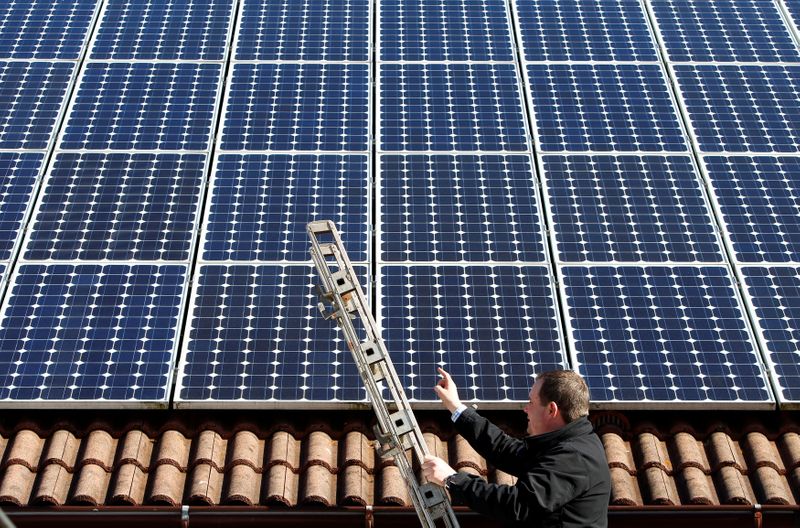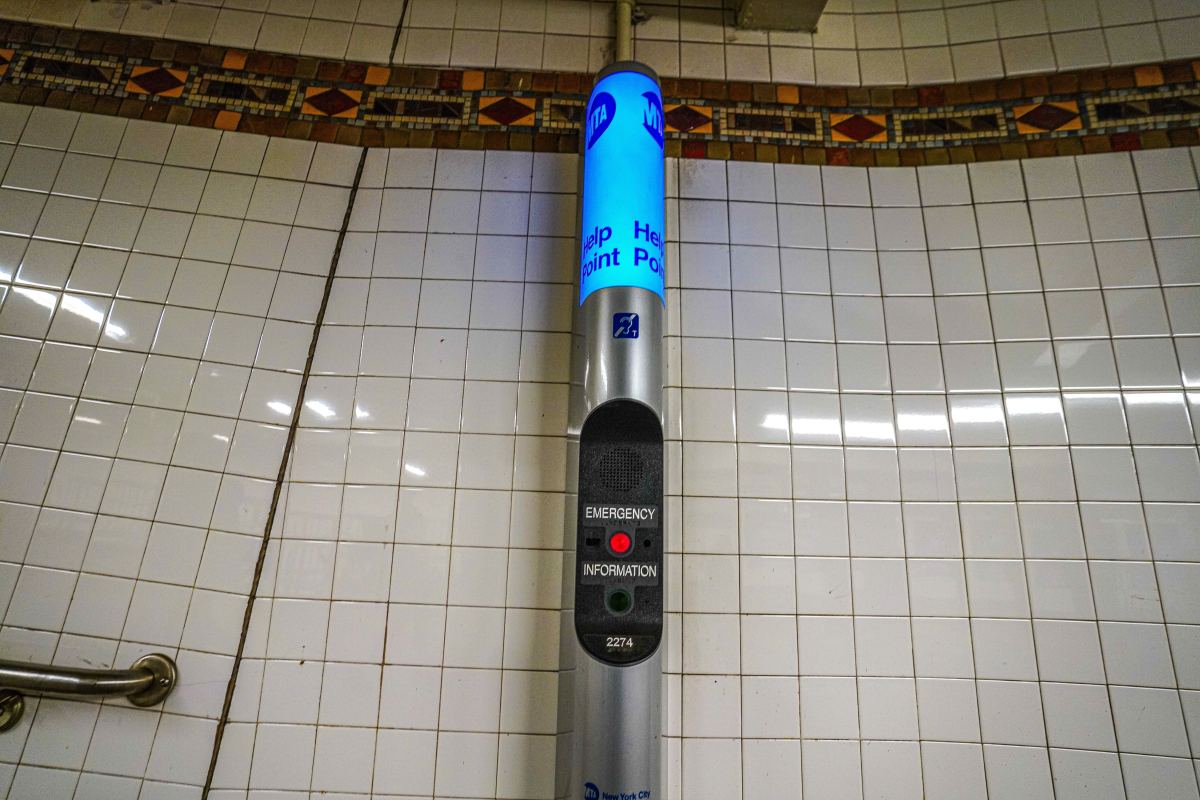BERLIN (Reuters) – Germany is planning stricter controls to ensure it reaches targets in its expansion of renewable energy sources, according to the most recent draft to be discussed by the government on Wednesday.
The latest version of the law, which is still subject to change, includes annual quotas for solar, biomass and onshore and offshore wind. Those quotas are to be regularly checked in each of Germany’s 16 federal states.
It includes ambitious targets for Europe’s largest economy, which also boasts the continent’s largest installed renewable power generation capacity, at 118 gigawatts.
“That target includes that we not only produce 80% of our electricity from renewable energy sources in the year 2050, but that 100% of power produced in and consumed by Germany … is climate neutral,” Economy Minister Peter Altmaier said.
“That’s a paradigm shift,” he told journalists.
In addition, expansion targets will be reviewed once every two years to make sure Germany can achieve its goal of generating at least 65% of electricity via renewables by 2030.
Altmaier said he hoped to find a solution by late October or early November for how to deal with the country’s oldest renewable energy assets that will no longer get subsidies under a federal support regime from next year.
The latest draft also includes higher expansion targets for biogas stations. Onshore wind capacity is to be expanded by an average of 4 gigawatts annually over the next years, the draft said.
(Reporting by Markus Wacket; Writing by Chris Steitz; Editing by Michelle Adair)





















